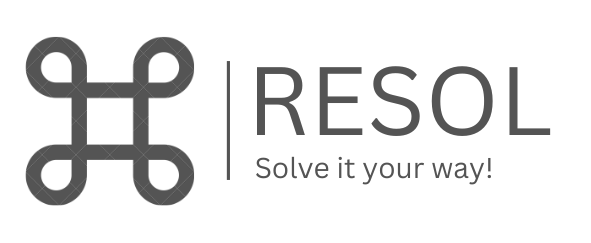Expert Guidance
Our team of experienced lawyers provides strategic advice on the best dispute resolution mode for your case, ensuring you take the most effective route.
Cost Effective Solutions
We prioritize methods like mediation and arbitration, which are often faster and more affordable than litigation, saving you time and resources
Tailored Approach
Each dispute is unique, and we craft a personalized strategy based on the specifics of case, whether it requires negotiation, arbitration, or litigation.
End-to-end Support
From initial consultation to final resolution, we offer full support throughout the dispute resolution process, ensuring smooth and timely results.
